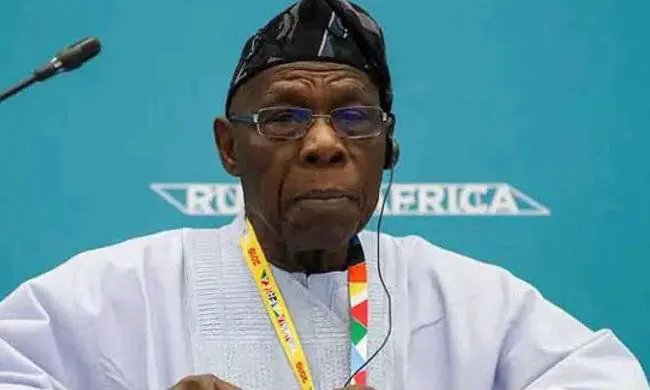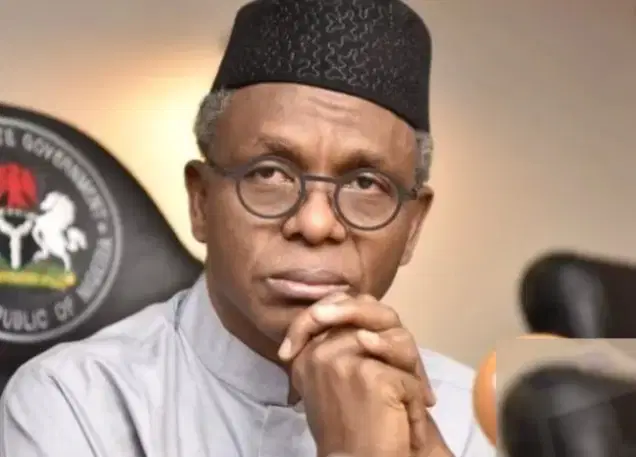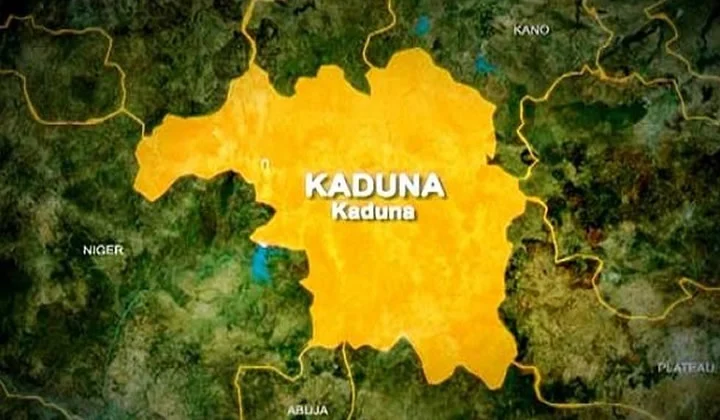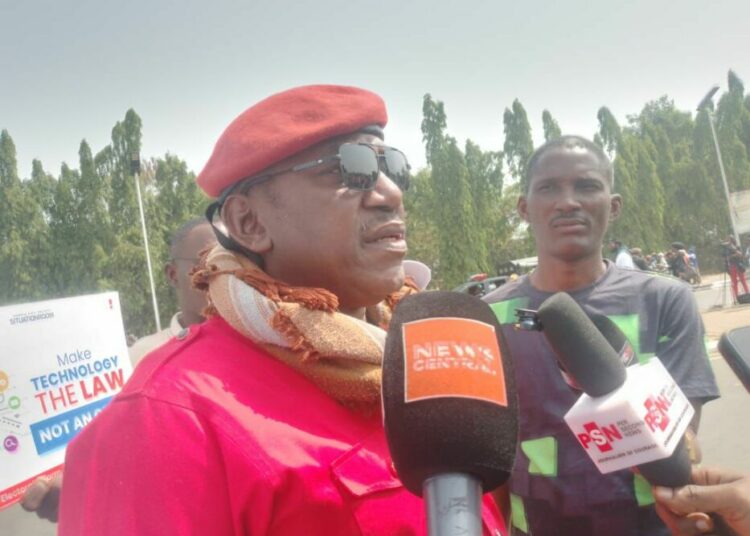Governor Uba Sani of Kaduna State has approved 50 Christians from the state to embark on a holy pilgrimage, ending an 11-year suspension of the programme.
The Christian pilgrimage scheme was halted during the administration of former Governor Nasir El-Rufai, when the Christian Pilgrims Welfare Agency was scrapped.
The move generated controversy within sections of the Christian community at the time.
Reacting to the development on Wednesday, the Chairman of the Kaduna State chapter of the Christian Association of Nigeria, Rev Ma’aji Bawa, commended the governor for what he described as a bold and inclusive decision.
“We are grateful to Governor Uba Sani for approving 50 Christians to commence pilgrimage after 11 years.
“This decision has restored hope and strengthened the confidence of Christians in the state,” Bawa said.
He described the approval as a significant first step, adding, “Although the number is 50 for now, we believe it is a foundation to build upon. We trust that the government will gradually increase the number so more faithful can participate.”
Bawa emphasised that pilgrimage is a sacred spiritual obligation.
“Pilgrimage is not a jamboree. Those going for pilgrimage are embarking on a spiritual journey to seek God’s face. They will pray for peace, unity and development in Kaduna State and Nigeria at large,” the cleric said.
He noted that the restoration of the programme demonstrated the government’s recognition of the role of faith in society.
“This gesture shows inclusiveness and respect for religious diversity. It strengthens the relationship between the government and the Christian community,” he added.
Bawa called for transparency in the selection process, stressing that only spiritually committed and responsible individuals should be chosen.
“We expect a credible and transparent process. Those selected must understand the purpose of pilgrimage and represent the state with dignity.”
He also urged Christians to remain prayerful, law-abiding, and supportive of government policies:
“As believers, we must continue to obey the laws of the land and support initiatives that promote unity and development. We also have a duty to pray for our leaders and the progress of our state,” he said.
Former lawmaker for Kaduna Central Senatorial District, Shehu Sani, also described the resumption of Christian pilgrims’ activities after 11 years as commendable.
Sani, in a post on his X (formerly Twitter) account, said the development reflected the fair and equitable leadership of the incumbent governor, compared with previous administrations.

 Politics1 month ago
Politics1 month ago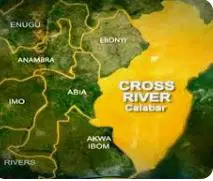
 News1 month ago
News1 month ago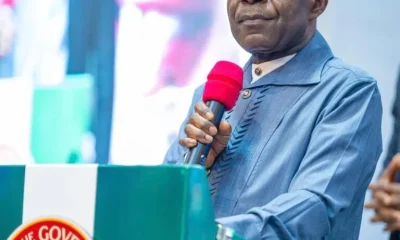
 News1 month ago
News1 month ago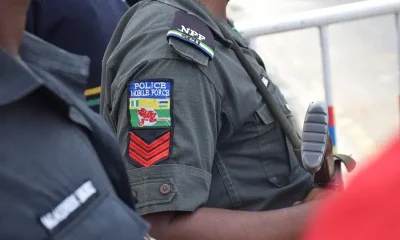
 News1 month ago
News1 month ago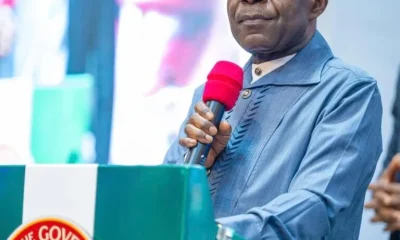
 News1 month ago
News1 month ago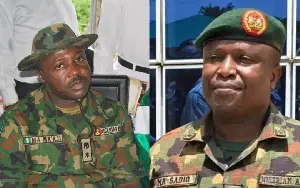
 News4 weeks ago
News4 weeks ago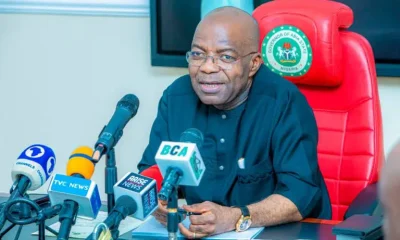
 News3 weeks ago
News3 weeks ago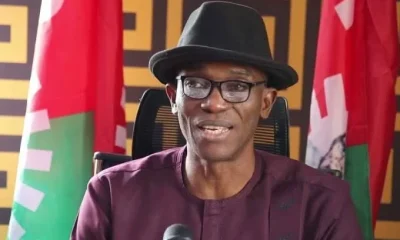
 Politics3 weeks ago
Politics3 weeks ago
